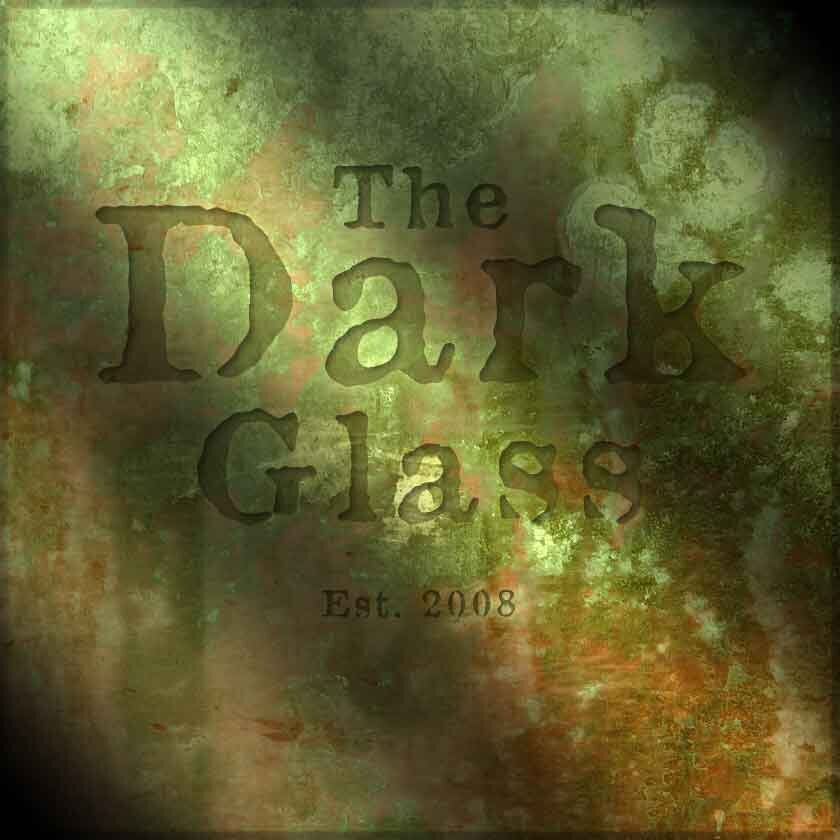More than words: Why writers still matter.
If you think the title of this essay sounds a little desperate, then you’re not a writer. Virtually every writer I know working in business today feels marginalized, frustrated, and confused about how they fit into the data-driven, “just the facts ma’am” world.
I’ve lost track of how many times I’ve been told “just write this.” Or “just tell me exactly what it does.” Or, “it’s okay, just cut the words. Nobody’s going to read those anyway.” It’s demoralizing. (If you want a crash course into what it feels like to be a writer today, this interview is a good place to start.)
The world is different now than the golden age of advertising. It’s different than the golden age of poetry and modernism. The average person’s relationship with words—which arguably are humankind’s greatest creation—has changed and most people claim they want fewer words, that reading takes too long. And so “optimization” often feels like a noose around the writer’s neck.
Like I said, I get it. I’ve had that noose around my neck before. There have been times when I’ve been incensed, when I’ve been willing to fall on my sword to protect my words. I am after all an artist and words are my medium, right?
As I get older, I’m not so sure.
Words are obviously important. I’ll say that again, so it doesn’t get lost. Words are important.
And as with anything, an expert hand can make more of them than a novice. There’s a huge difference between Cormac McCarthy and my 13-year-old son who’s just starting his first big writing project. But what is the difference? Both are communicating with words, so clearly there’s something else. And that something else is at the heart of why writers still matter. There are obviously a lot of differences between a great writer and someone who writes. I’ll name just two that I think are especially relevant.
Someone who writes knows how to use words. A great writer knows why they’re using those words. I often tell younger writers that they can break any writing rule as long as they can compellingly defend their choice. Great writers communicate with intention. They have a plan, a goal, a desired outcome and they carefully choose words to match. So they know why they chose certain words, but more importantly, they know why they didn’t choose other words. Ernest Hemingway famously invoked the iceberg metaphor to describe his writing. Not everyone writes in Hemingway’s sparse style, but with all great writers it is the same. The word you see is a speck compared to the vast bulk of questions, thought, and intention that sprawls beneath it.
Someone who writes communicates information. A great writer communicates ideas. What’s the difference? While both information and idea communication involve a kind of data transfer from the writer to the reader, information is like a text file and an idea is like an executable (if I can use a somewhat dated metaphor). In other words, information is passive. Ideas are active. Information gets stored away somewhere. An idea sparks action, motion, change, which presumably is exactly what brands want. But instead, the mantra of the day is that people want to get straight to the facts, the interaction, the next social feed. So writers are pressured to write bland copy, boring headlines, and sparse microcopy, to “communicate information.” And really, anyone can do that, right? Maybe. But remember, great writers deal in ideas and part of what makes them great is their ability to communicate information as an idea. Two for one. Bonus.
These two traits, along with others, suggest that the challenge for writers today, the thing that makes them matter, is realizing that their job is not about words. That their training has given them strength they maybe don’t realize that go beyond the alphabet.
The discipline of asking why, of digging deep for answers and constantly performing risk/reward analyses to accomplish a goal, builds in great writers a strategic mind. (Consider why Jeff Bezos insists his staff communicate by writing narratives instead of using PowerPoint slides; it improves communication, but it also exercises the strategic muscle). And their devotion to ideas instead of simply information makes them powerful storytellers, or in other words, idea architects. They understand deeply the structure of communication, the way pieces need to come together to create meaning, emotion, action, change.
In light of this, it’s no surprise to me that many of the best writers I know rarely lift the pen themselves anymore. They’re strategists, creative directors, and other roles that allow them to use these superpowers of doggedly asking why and communicating ideas with a broader set of tools—images, videos, data visualizations, interactions, augmented reality, and yes, words.
Impassioned, flowery language aside, writers matter because they are master communicators. Everything else I’ve argued here is just another way of saying that no one has spent more time perfecting the art of communication than an experienced writer.
Communication today from a brand to a customer may be more complicated than it used to be, but that makes writers more valuable, not less. Reducing writers to simply “wordsmiths” (a term I have always hated) is a mistake. And that goes for us just as much as the people we work with. Our value lies not in our words, but in the vast proficiency in communication that makes those words right.
